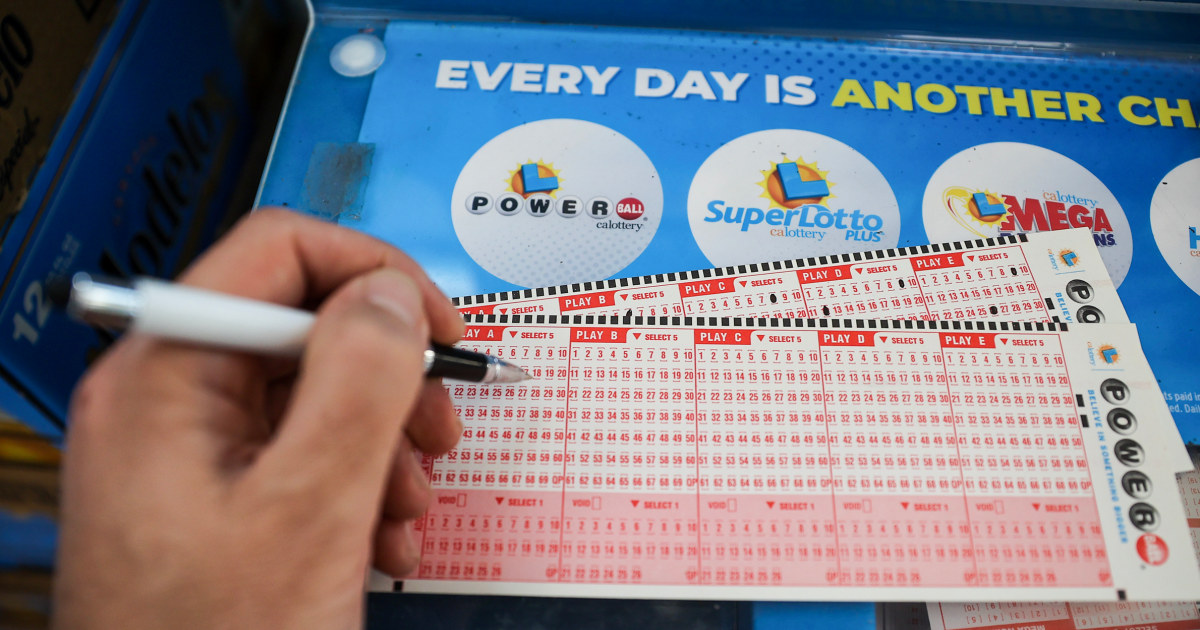
A recent experiment suggests that money can indeed buy happiness — at least for six months, among households making up to $123,000 a year.
A study published Monday in the journal PNAS looked at the effects of giving 200 people a one-time sum of $10,000.
The money, which came from two anonymous wealthy donors, was distributed on PayPal through a partnership with the organization TED.
Participants who got the money were required to spend it all within three months. They recorded how happy they felt on a monthly basis, as did a control group of 100 people who did not get any money. The researchers measured happiness by having people rank how satisfied they were with their lives on a scale of 1 to 7 and how frequently they experienced positive feelings, like happiness, and negative feelings, such as sadness, on a scale of 1 to 5.
The group that got $10,000 reported higher levels of happiness than those who did not after their three months of spending. Then, after three more months had passed, the recipients still reported levels of happiness higher than when the experiment started.
However, people with household incomes above $123,000 did not report noticeable improvements in their happiness.
The participants recorded how they spent their money, but the researchers are still analyzing the data to see whether any types of purchases led to the most happiness.
Those in the study came from three low-income countries — Brazil, Indonesia and Kenya — and four high-income countries: Australia, Canada, the United Kingdom and the U.S. The findings indicated that participants from the low-income countries gained three times as much happiness as those from high-income countries. And people who earned $10,000 a year gained twice as much happiness as those making $100,000 annually.
“Ten thousand dollars in certain places around the world can really buy you a lot,” said Ryan Dwyer, a co-author of the study, who conducted the research as a Ph.D. student at the University of British Columbia. “Some people spent a lot of the money paying down their mortgage or doing a big renovation on their house.”
The study participants did not know what they were signing up for at first: In December 2020, TED invited people on Twitter to apply for a “mystery experiment” that would be “exciting, surprising, somewhat time-consuming, possibly stressful, but possibly also life-changing.”
A few months later, a select group got emails telling them they would receive $10,000.
Dwyer said he thinks higher sums — closer to, say, the recent $2.04 billion Powerball lottery jackpot — would yield even bigger boosts in happiness.
“Typically, people who do win the lottery are happier many, many years later,” he said.
Research in 2019 found that big lottery wins increased people’s life satisfaction, and a 2007 study concluded that people who won up to $200,000 from the lottery had better psychological health than people who did not win at all.
The findings contradicted earlier research that suggested winning the lottery did not have much effect on happiness.
Ania Jaroszewicz, a behavioral scientist at Harvard University, said there is still no scientific consensus about whether money can buy happiness. Jaroszewicz oversaw an experiment that gave one-time payments of either $500 or $2,000 to 5,000 low-income people in the U.S. Neither group reported improvements in their financial or psychological well-being up to 15 weeks after they got the money.
“There is a lot of mixed research, and a lot of it does depend on the specifics of how much you’re giving, who you’re giving it to, what measures exactly you’re using and so forth,” she said.
A famous study published in 2010 suggested that emotional well-being improved as incomes got higher for those making up to $75,000 a year. However, a 2020 study found that no such cap existed and that people making $80,000 or more a year reported higher levels of positive feelings and fewer negative feelings as their incomes rose.
Dwyer said it is possible that some of the happiness reported in his study had to do with people’s initial excitement and that the feeling “probably decays slowly over time if they’re not receiving any additional income.”
That makes it challenging to compare his results to those of experiments with basic income, which have given smaller stipends on a regular basis.
Such pilot programs have largely focused on lower-income, unemployed or unhoused people. For example, a city-led experiment in Stockton, California, gave people $500 monthly stipends. Participants, who had to live in neighborhoods where the median household income was $46,000 or less per year to qualify, reported improvements in their emotional well-being, decreases in anxiety and depression and increases in full-time employment after a year.
In Dwyer’s study, incomes ranged from $0 to $400,000 per year, averaging around $54,000. Most participants had bachelor’s degrees or higher.
Jaroszewicz highlighted that in any study of money and happiness, outcomes can also depend on the particular circumstances of people’s lives and their expectations.
Some people might mistakenly assume the sum will be life-changing, she said: “Then you get there and you’re like, ‘Oh, actually, I still have all of these problems that are unrelated to money.’ Maybe you still have a personal relationship problem or you’re not satisfied at work.”
Source: | This article originally belongs to Nbcnews.com










